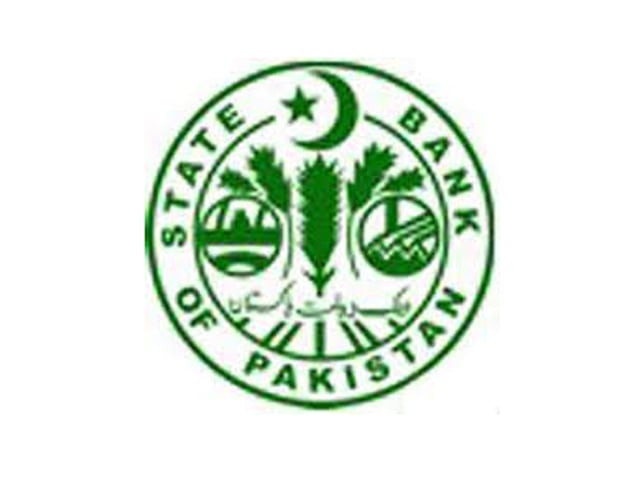State Bank seen raising policy rate by 50 basis points
SBP is scheduled to announce the monetary policy on January 29.

The SBP is scheduled to announce the monetary policy on January 29.
The consumer price index in December rose 15.46 per cent from a year earlier, but fell 0.51 per cent from November and is likely to fall further due to the base effect. However, the main threat to inflation is continued government borrowing from the State Bank of Pakistan (SBP).
“We believe that despite the base effect and price reversal benefit for inflation, it will be difficult for the SBP to keep the rate constant, as future government borrowing requirements are likely to increase further,” said Khalid Iqbal Siddiqui, Director at Invest and Finance Securities.
The government borrowed an estimated Rs119.6 billion ($1.39 billion) from the central bank from July 1 to January 15, compared with a net retirement of Rs19.4 billion in the same period last year. This increases the money supply which fuels inflation. The government’s borrowing from commercial banks has also increased substantially to Rs217.5 billion ($2.53 billion) from July 1 to January 15, compared with Rs170.9 billion ($1.99 billion) last year.
The central bank forecasts inflation to average between 13.5 and 14.5 per cent for fiscal year 2010-11, while the International Monetary Fund (IMF) forecasts it to average 14 per cent.
With international commodity prices on the rise, a failure to implement tax reforms and no foreign funding, including the sixth tranche from the IMF, scheduled for the next few months, the government will likely need to borrow more from the central bank and commercial banks.
This leads most analysts to believe that the central bank is likely to increase the key policy rate by 50 basis points, which would mark the fourth straight increase. The minority view is that the SBP will leave rates unchanged and wait because the current account has a surplus of $26 million from six months ended December 31, 2010. They say this will boost the rupee and offset inflation.
According to analysts, the 2010-11 budget deficit is most likely to end at more than seven per cent of gross domestic product, compared with a target of 4.7 per cent agreed with the IMF. It will be aggravated by a rise in international oil prices and a government reversal of a hike in local fuel prices this month because of political pressure.
Published in The Express Tribune, January 27th, 2011.


















COMMENTS
Comments are moderated and generally will be posted if they are on-topic and not abusive.
For more information, please see our Comments FAQ